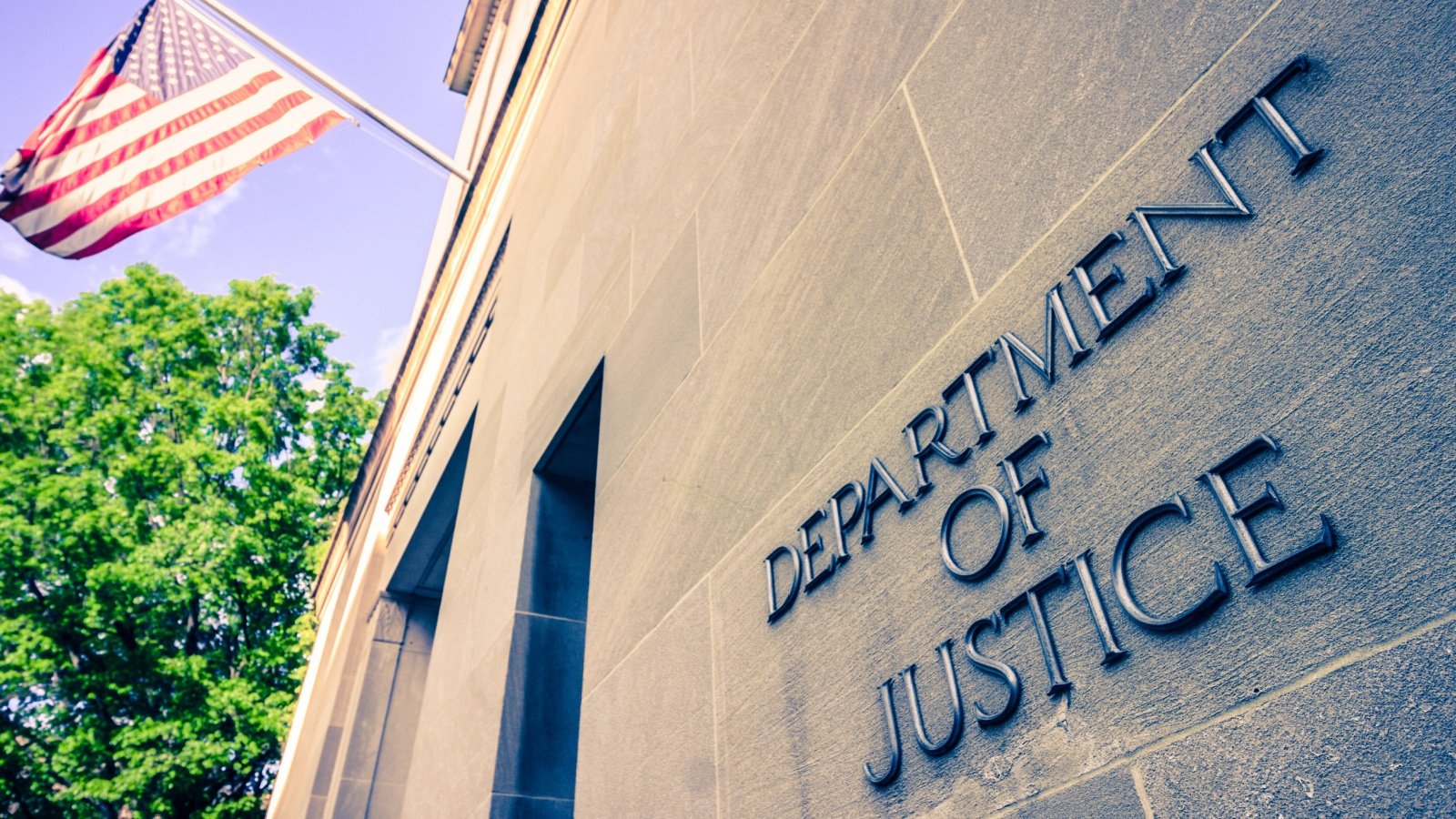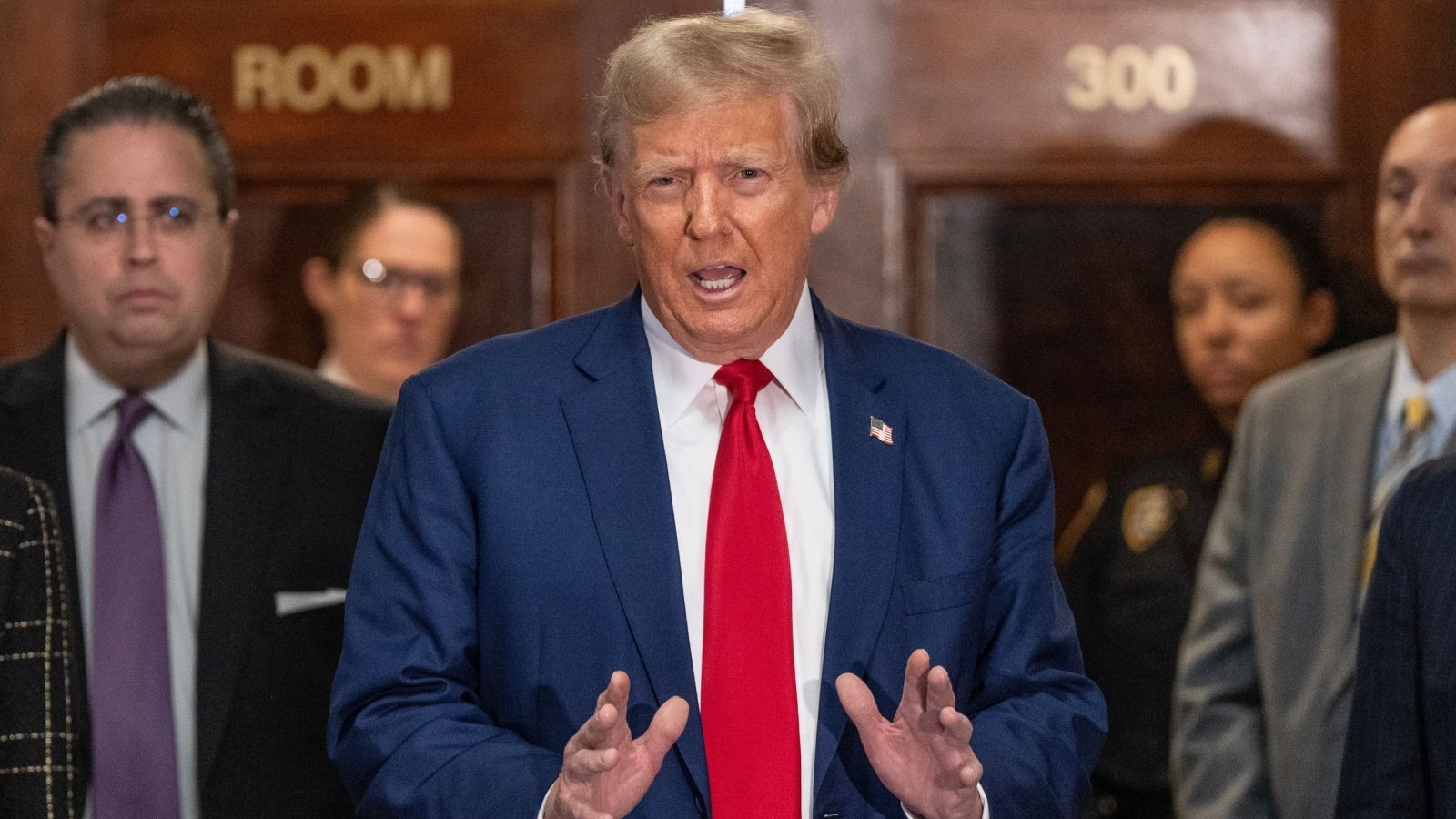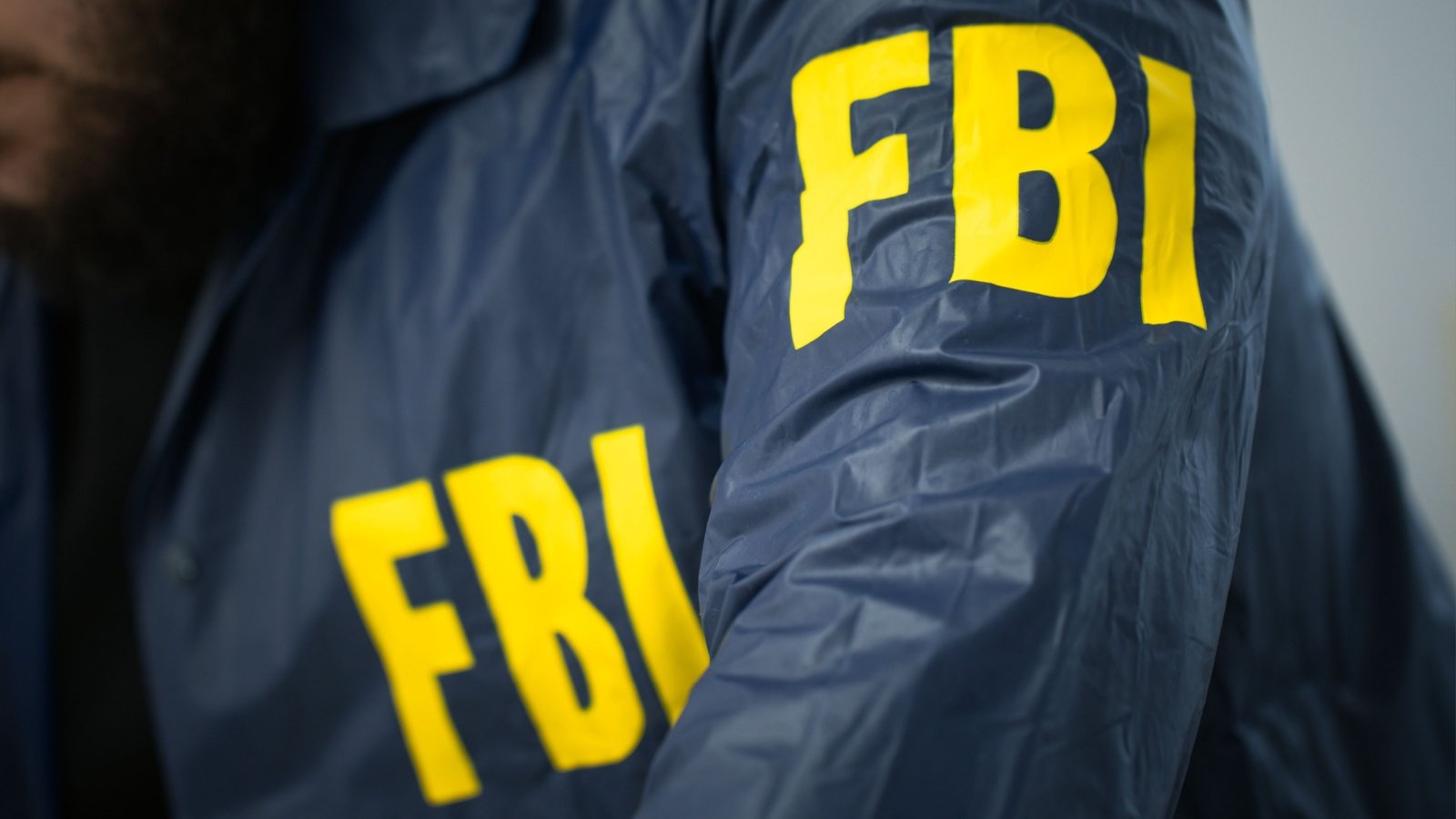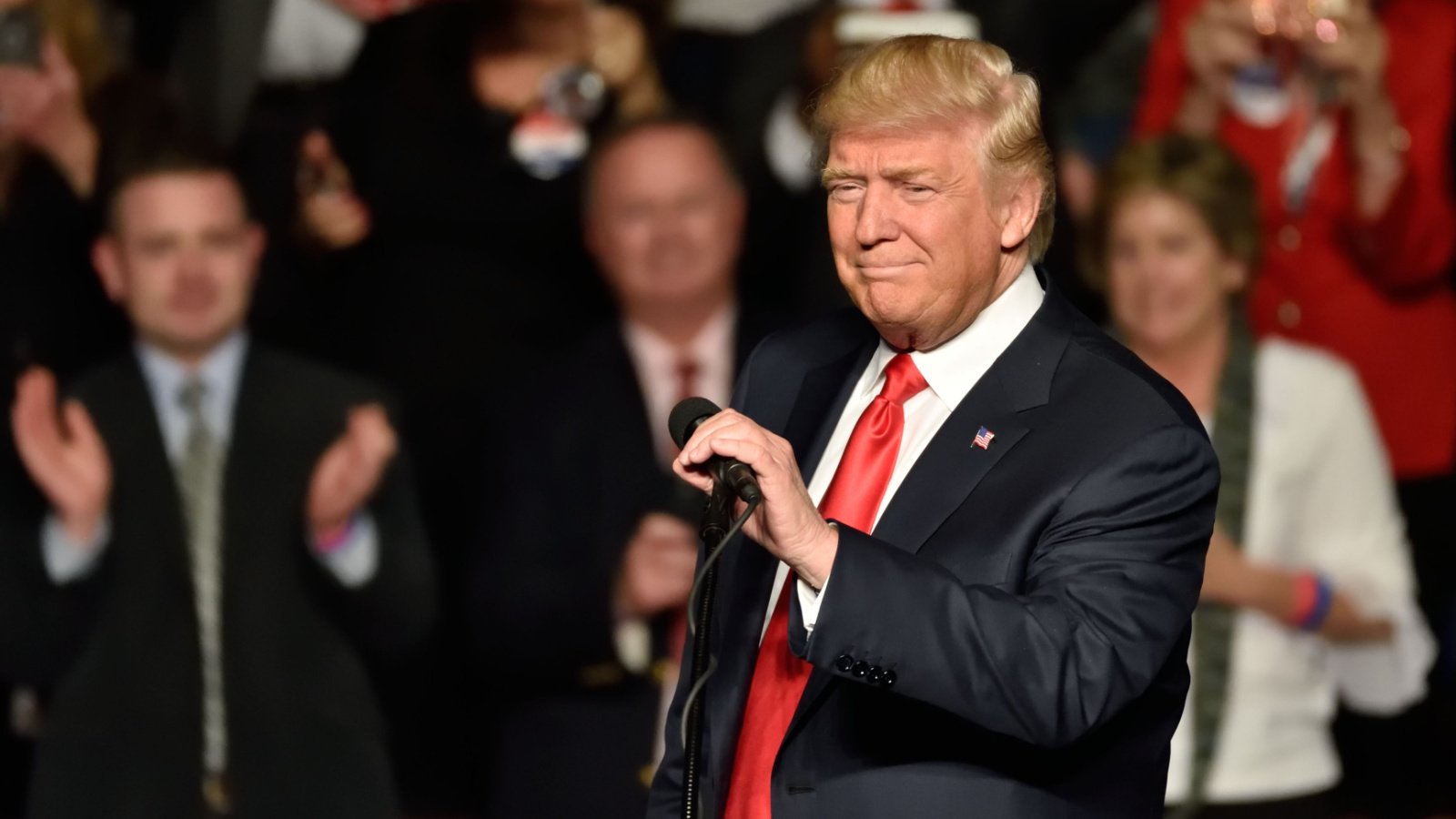Boston’s Black residents are calling for more than $15 billion in reparations to address deep-rooted historical injustices. At the same time, local white churches are considering a $50 million contribution and a formal apology for their involvement in the slave trade. Community leaders insist reparations must include financial compensation, land, education, and lasting policy reforms.
Commission Demands $15 Billion for Reparations
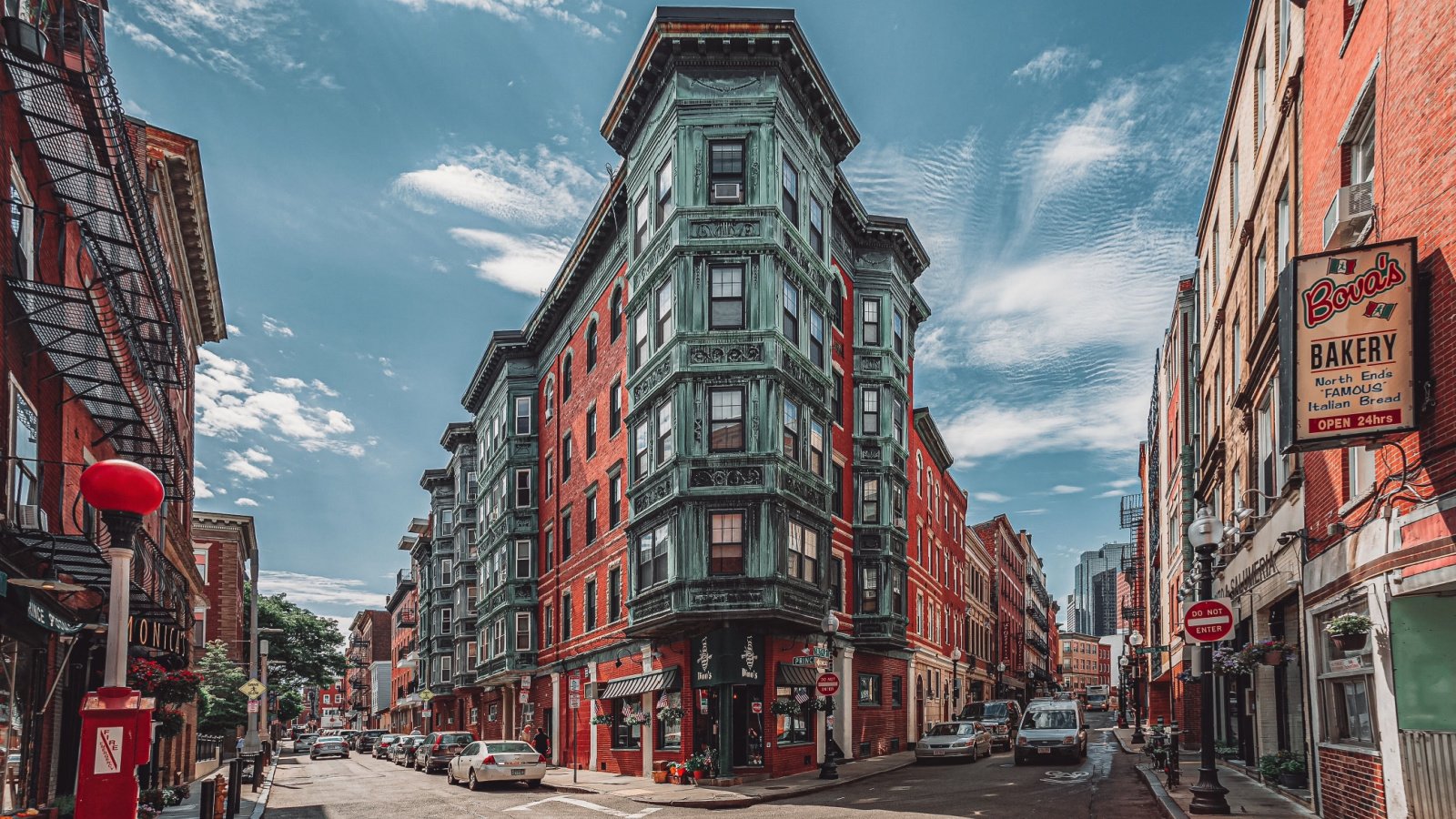
The Boston People’s Reparations Commission has called for a $15 billion investment in slavery reparations for Black Bostonians. This demand aims to address historical injustices and ensure long-term benefits through monetary and public policy initiatives.
Community Gathers to Discuss Reparations
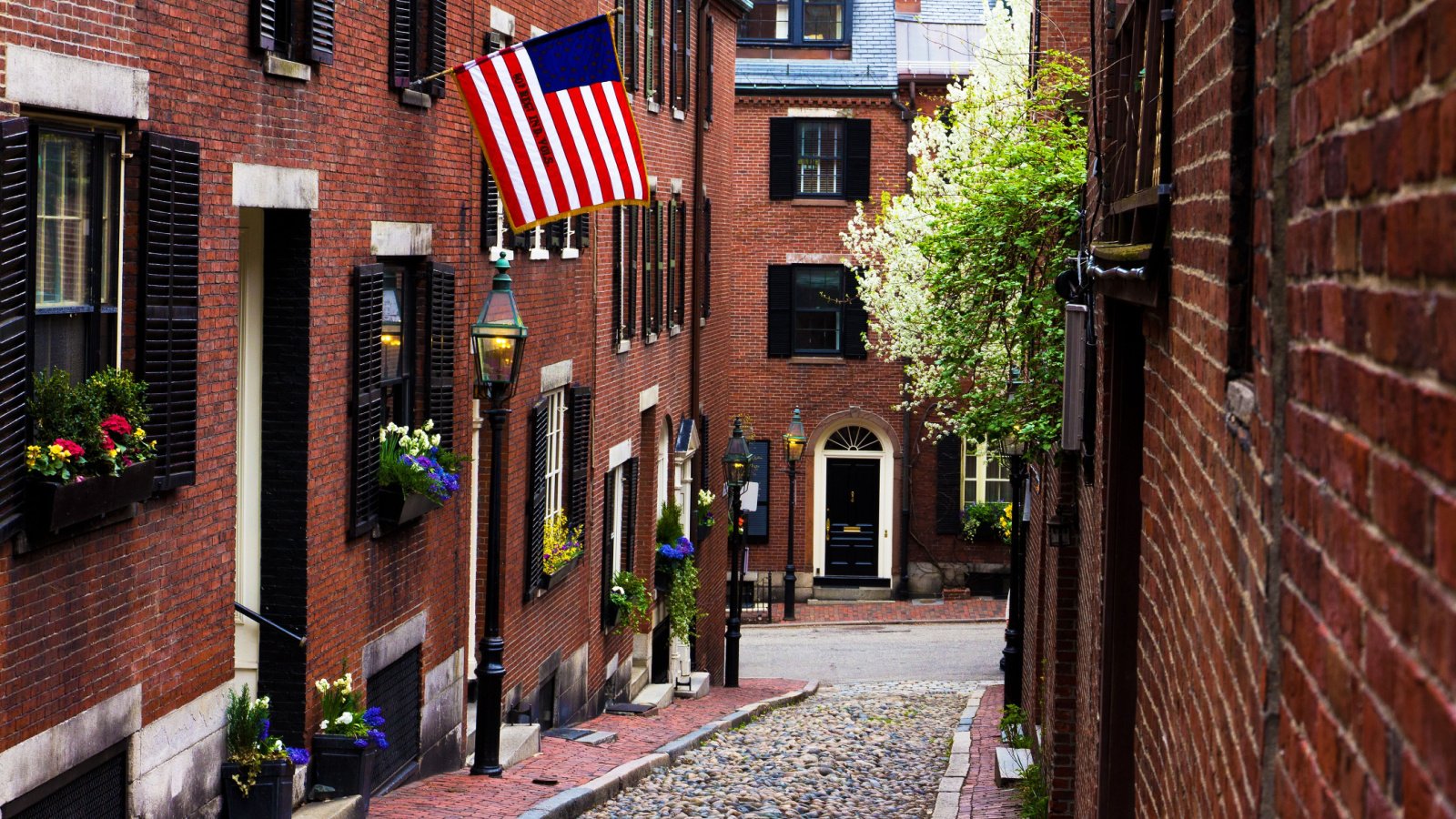
More than 200 community members convened at the Bolling Building in Nubian Square on Saturday. They shared their perspectives on reparations and emphasized the need for substantial investment for future generations.
Allocation of Reparations Fund Uncertain

If the $15 billion proposal were approved, each of the roughly 150,000 residents would receive nearly $99,998. However, details on the distribution of the reparations remain unclear.
Historical Context of Enslavement in Boston

The Commission highlighted that the enslavement of Africans in Boston began in 1638, initiating a legacy of injustice. This history has left a lasting impact on social, political, economic, and cultural aspects of life for their descendants.
Reparations as a Response to Legacy of Injustice
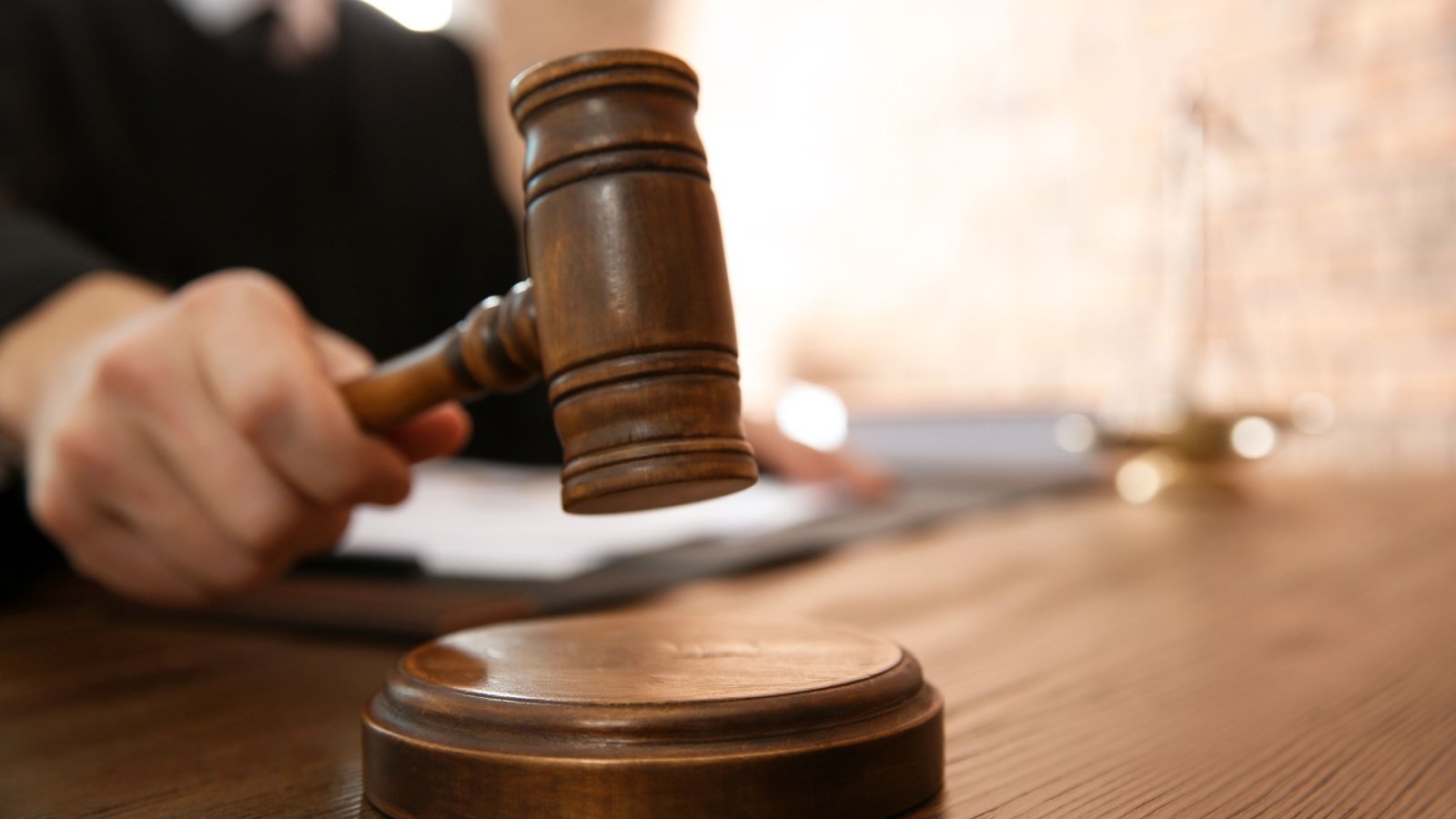
Descendants of enslaved individuals and the Black community in Boston are now seeking reparations. They aim to address the harm caused by slavery and generations of systemic oppression.
Seeking Justice for Historical Suffering
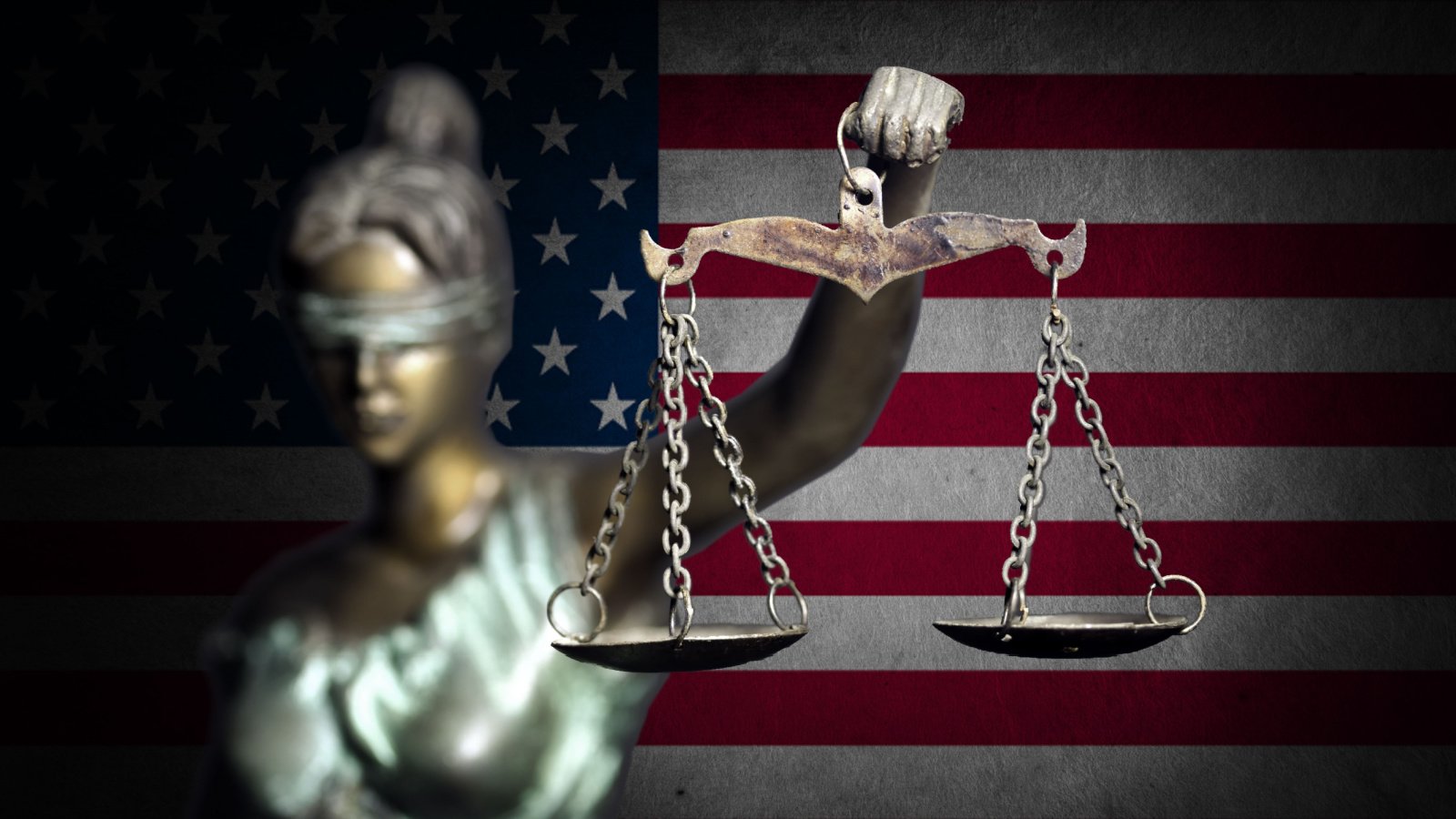
Peterson, a community leader, emphasized the immense suffering endured by slaves in Boston. He questioned how to quantify the lives lost and the lasting effects of this history.
A Call for National Change

Former Boston City Council member Charles Yancey spoke at the event, recalling promises made to slaves post-Civil War. He urged Boston to lead by example in addressing these historical injustices.
Task Force Established to Investigate Historical Ties

In January, Boston Mayor Michelle Wu created a task force to investigate the city’s involvement in the transatlantic slave trade. The task force aims to uncover and document Boston’s historical connections to slavery.
Reparations Beyond Monetary Compensation

The group emphasizes that reparations encompass more than just financial compensation. They advocate for reparations to include land, education, and other forms of restitution.
Collaboration with Local Churches
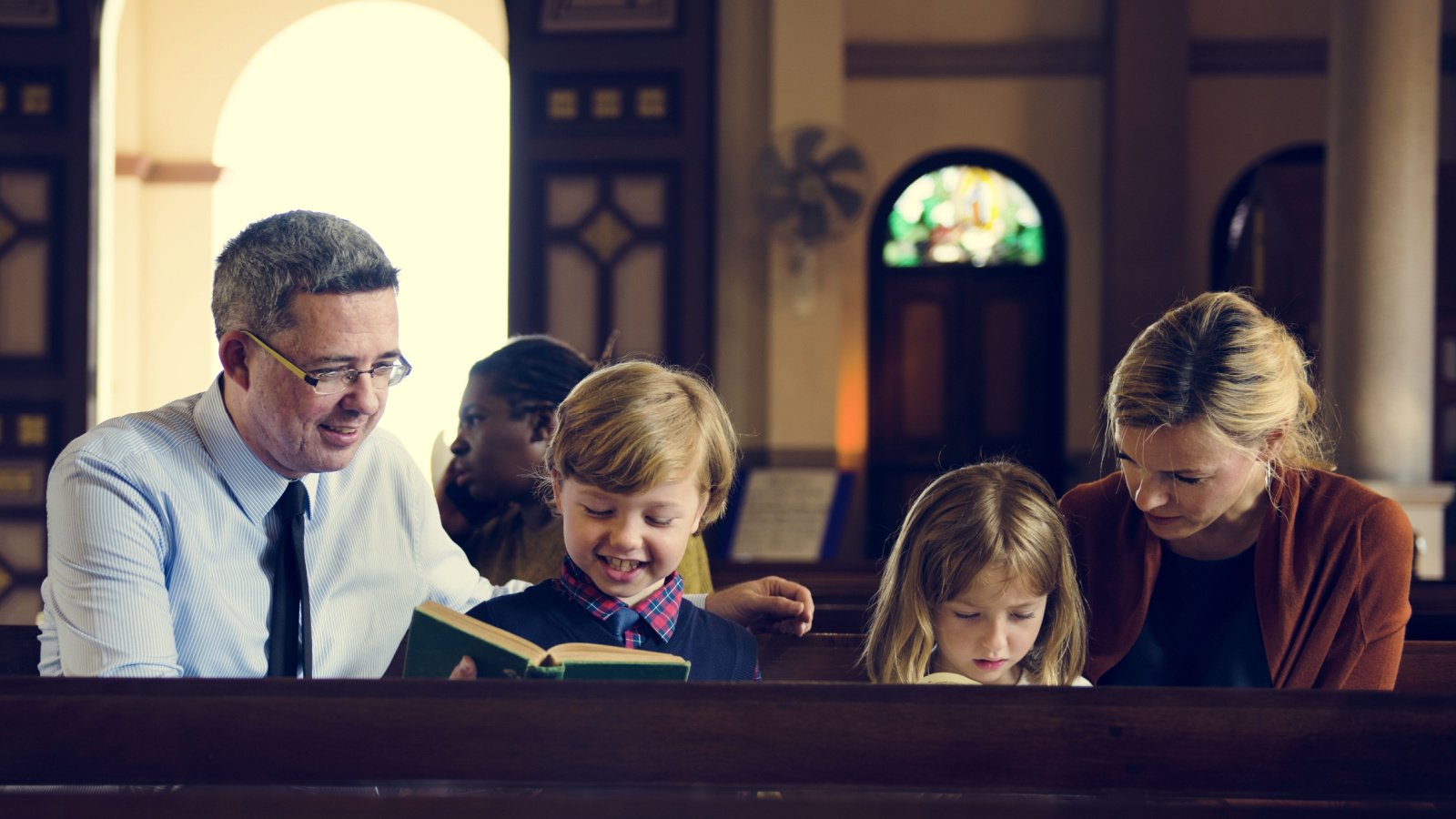
The task force is working with local white churches on a reparations payment and an official statement. This statement will acknowledge their historical involvement in the slave trade and offer an apology.
Atonement and Community Healing
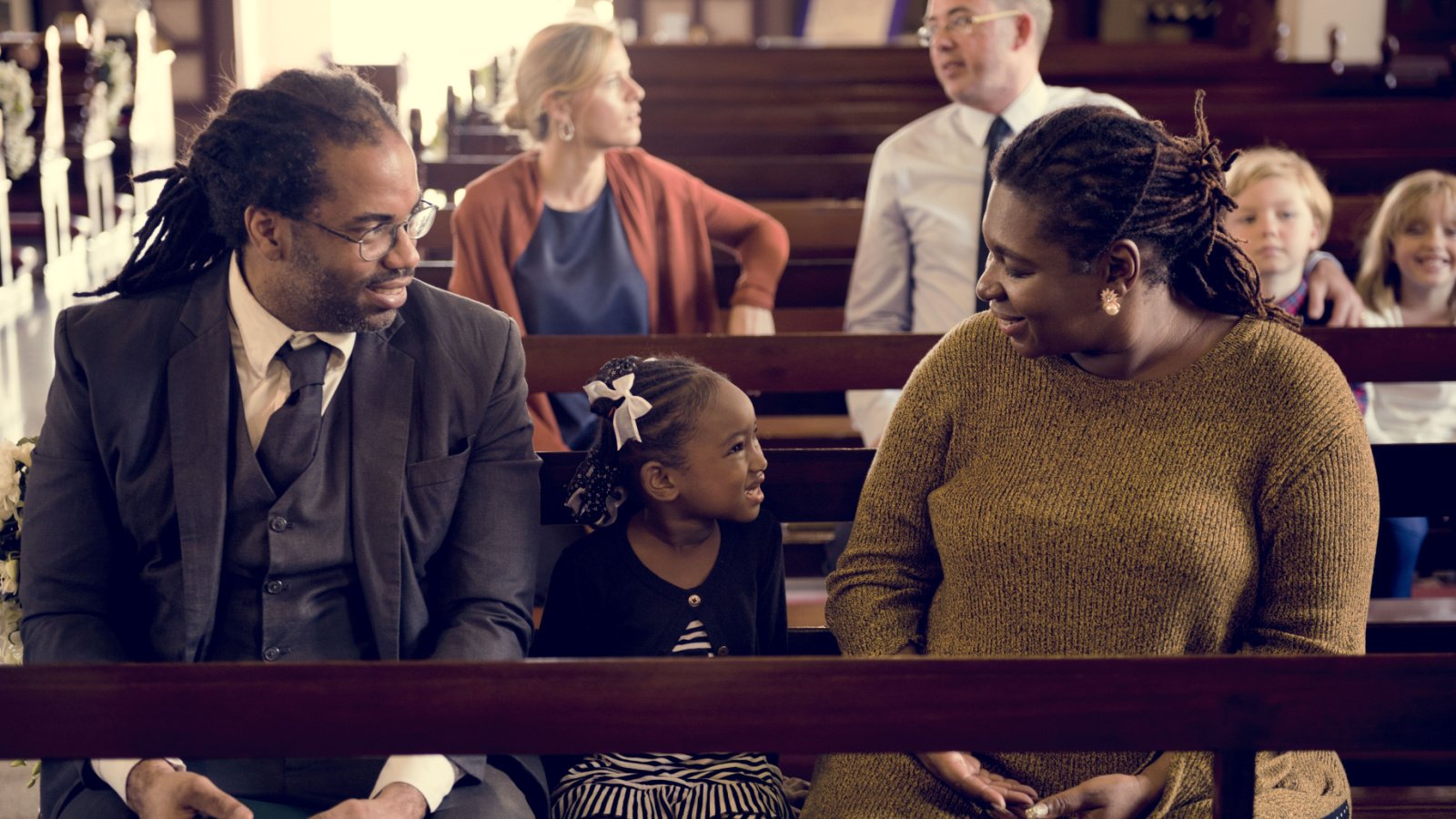
Community leader Peterson envisions a formal statement of atonement as part of the reparations process. He believes this acknowledgment is crucial for healing and reconciliation within the community.





